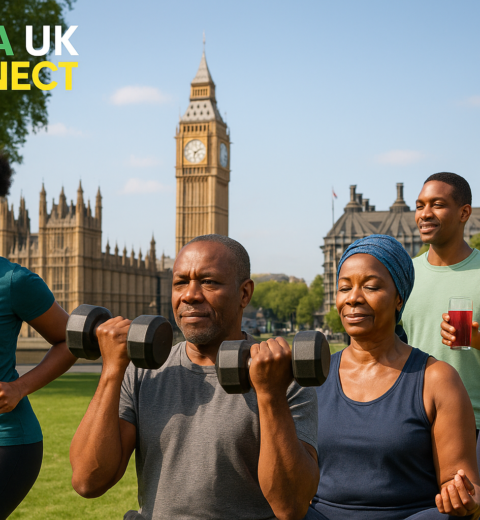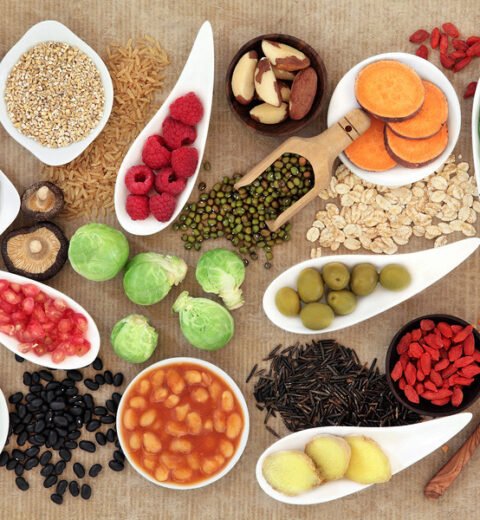Coffee is more than just a morning pick-me-up — it may actually offer surprising health benefits. For many Nigerians living in the UK, especially those juggling demanding schedules, cold weather, and early commutes, coffee has become a comforting staple. But before you go heavy on the cream and sugar, here’s what you need to know.
💡 Coffee and Your Health: What the Research Says
Good news: plain coffee — black, no sugar — is almost calorie-free and rich in antioxidants. Studies from Harvard now suggest it may reduce the risk of type 2 diabetes, heart disease, and stroke, thanks to anti-inflammatory plant compounds called polyphenols.
“The evidence for the benefits of coffee is stronger than it was five years ago,” says Dr. Frank Hu, a Harvard nutrition expert.
This is great to know, especially for Nigerians in the UK who are more likely to be at risk for diabetes and high blood pressure due to genetics, diet, and lifestyle stressors.
⚠️ The Catch: Your Coffee Add-Ins Might Be the Problem
Before you head to your local coffee shop, take this in:
A large mocha with whipped cream can pack nearly 400 calories, 35 grams of sugar, and 19 grams of fat. That’s more sugar than in a can of Fanta! Drinking this regularly cancels out any health benefits coffee might offer.
Naija Tip: Keep it simple. Brew at home with a drip machine or cafetière. Go light on sugar, and use low-fat milk or plant-based alternatives like oat or almond.
🚫 Caffeine Isn’t for Everyone
Caffeine affects people differently. If you’re dealing with:
- Palpitations
- Anxiety
- Trouble sleeping
- High blood pressure
… then limit your intake. Stick to 1–2 cups of regular coffee daily or switch to decaf.
Decaf still offers many of the same heart health benefits, without the buzz.
Also, beware of energy drinks — they’re packed with caffeine and sugar and have been linked to emergency room visits, especially among younger people.
✅ How Much Coffee Is Just Right?
Experts suggest up to three 8-ounce cups (about 710ml total) of brewed coffee daily could offer benefits — without the bells and whistles.
For Nigerians adjusting to colder UK climates, this can be a comforting routine. But don’t start drinking loads of coffee if you don’t already; stick to what works for your body.
🍰 Coffee or Dessert?
Modern coffee culture — think syrupy lattes, frappés, and “iced dessert drinks” — has turned coffee into candy. These sweet, calorie-heavy concoctions contribute to weight gain and increased diabetes risk — both already concerns for many Nigerians in the diaspora.
“These drinks didn’t exist when most of the positive coffee studies were done,” warns Dr. Hu.
Smart swap: Brew your own, add cinnamon or a splash of skimmed milk for taste, and use a paper filter to remove certain oils linked to cholesterol increases.
🧠 Bottom Line for Naija Brits
Coffee can be part of a healthy lifestyle — if you keep it simple. With a family history of heart disease and diabetes common in many Nigerian households, small daily choices matter.
Sip smarter. Save the sugary mocha for rare treats, and enjoy the warmth of a well-brewed cup that loves your heart back.
Join Our WhatsApp Channel
Stay updated on the latest UK news, including education, health, job openings, and more for those living in the UK!
Join here: Naija UK Channel
Also, follow us on our social media channels for the latest updates and discussions:
- Twitter: @NaijaUKConnect
- Facebook: Naija UK Connect
- Instagram: @naijaukconnect




